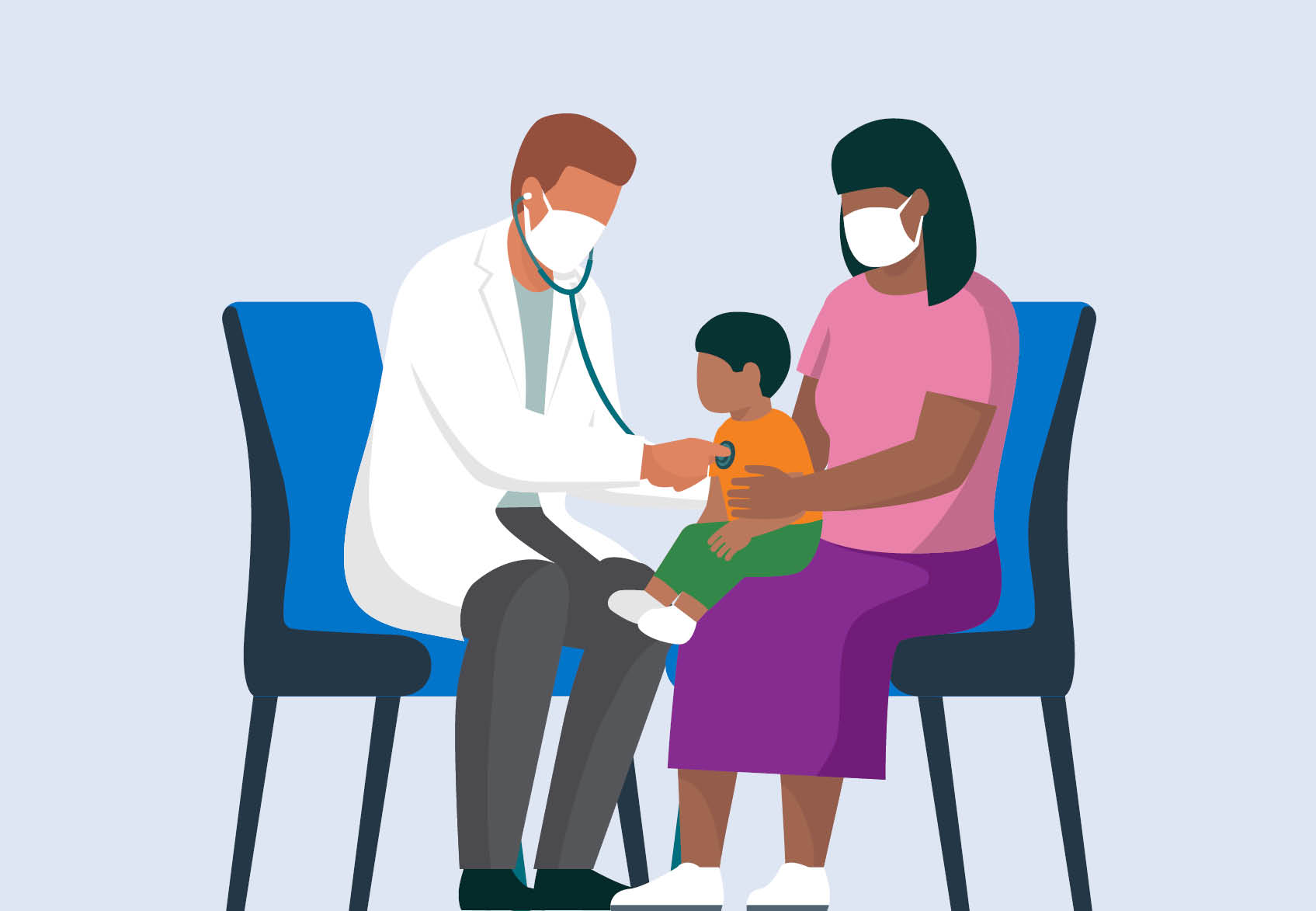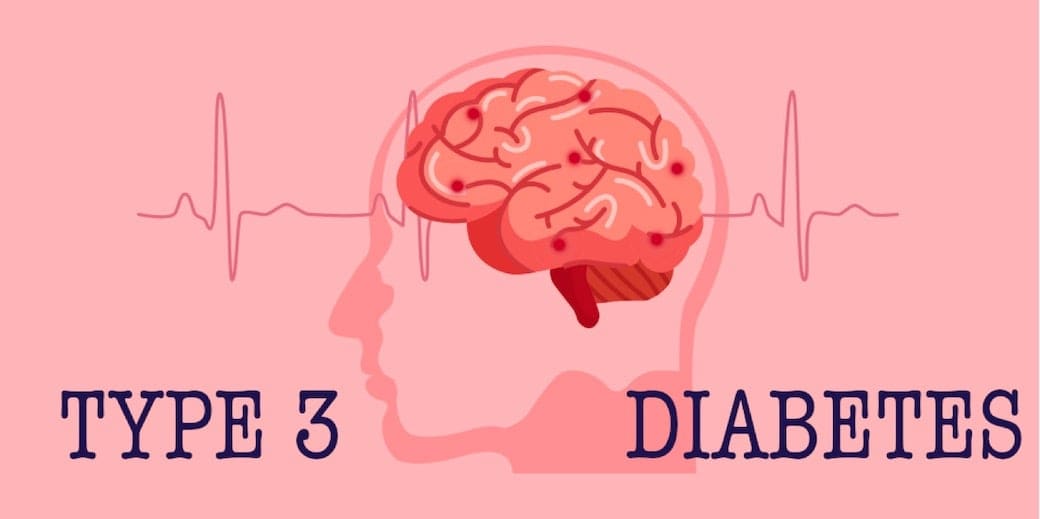
As parents, ensuring the health and well-being of our children is a top priority. Regular health checkups and screenings play a crucial role in monitoring their growth, development, and overall wellness. In this article, we’ll explore five important tests that every parent should consider for their children. From basic health screening tests to specialized evaluations, these assessments provide valuable insights into your child’s health status and enable early detection of potential issues.
Child Health Checkup Package:
Opting for a comprehensive child health checkup package is an excellent way to ensure thorough evaluation and monitoring of your child’s health. These packages typically include a range of tests and assessments tailored to different age groups, covering aspects such as growth parameters, vital signs, vision and hearing screenings, immunization status, and developmental milestones. Health Care Diagnostic Clinic & Laboratory Services offer a holistic approach to pediatric care, allowing healthcare providers to identify any underlying health concerns and provide appropriate interventions early on.
Basic Health Screening Tests:
Basic health screening tests are essential for assessing your child’s overall health and detecting common medical conditions. These may include blood tests to evaluate hemoglobin levels, complete blood count (CBC) for assessing red and white blood cell counts, blood glucose testing for diabetes screening, and lipid profile to evaluate cholesterol levels. Additionally, urine tests can help detect kidney problems or urinary tract infections. These basic screening tests provide valuable insights into your child’s internal health and help healthcare providers identify any abnormalities that may require further evaluation or management.
Vision and Hearing Screenings:
Regular vision and hearing screenings are crucial for identifying potential sensory impairments that can impact your child’s learning, development, and quality of life. Vision screenings assess visual acuity, depth perception, and eye alignment, helping detect refractive errors, lazy eye (amblyopia), or other eye conditions. Hearing screenings evaluate auditory function and can detect hearing loss or other auditory disorders early on. Early intervention for vision and hearing problems can prevent complications and support optimal development in children.
Nutritional Assessment:
A nutritional assessment by HCDC is vital for evaluating your child’s dietary intake, growth patterns, and nutritional status. This may involve assessing your child’s weight, height, body mass index (BMI), and dietary habits to identify any nutritional deficiencies or imbalances. Healthcare providers can offer guidance on age-appropriate nutrition, dietary modifications, and supplementation if needed to support your child’s growth and development. Nutritional assessments play a crucial role in promoting healthy eating habits and preventing childhood obesity and related health issues.
Specialized Evaluations for Developmental Concerns:
If you have concerns about your child’s development, behavior, or learning abilities, seeking specialized evaluations from pediatricians, developmental specialists, or psychologists may be necessary. These evaluations can assess various aspects of your child’s development, including cognitive skills, language development, social-emotional functioning, and motor skills. Early identification and intervention for developmental delays or disorders, such as autism spectrum disorder (ASD) or attention-deficit/hyperactivity disorder (ADHD), are essential for optimizing outcomes and providing appropriate support for your child’s unique needs.
In conclusion, prioritizing regular health checkups and screenings for your child is essential for promoting their overall health, well-being, and development. By considering comprehensive child health checkup packages, basic health screening tests, vision and hearing screenings, nutritional assessments, and specialized evaluations for developmental concerns, parents can take proactive steps to safeguard their child’s health and support their optimal growth and development.


